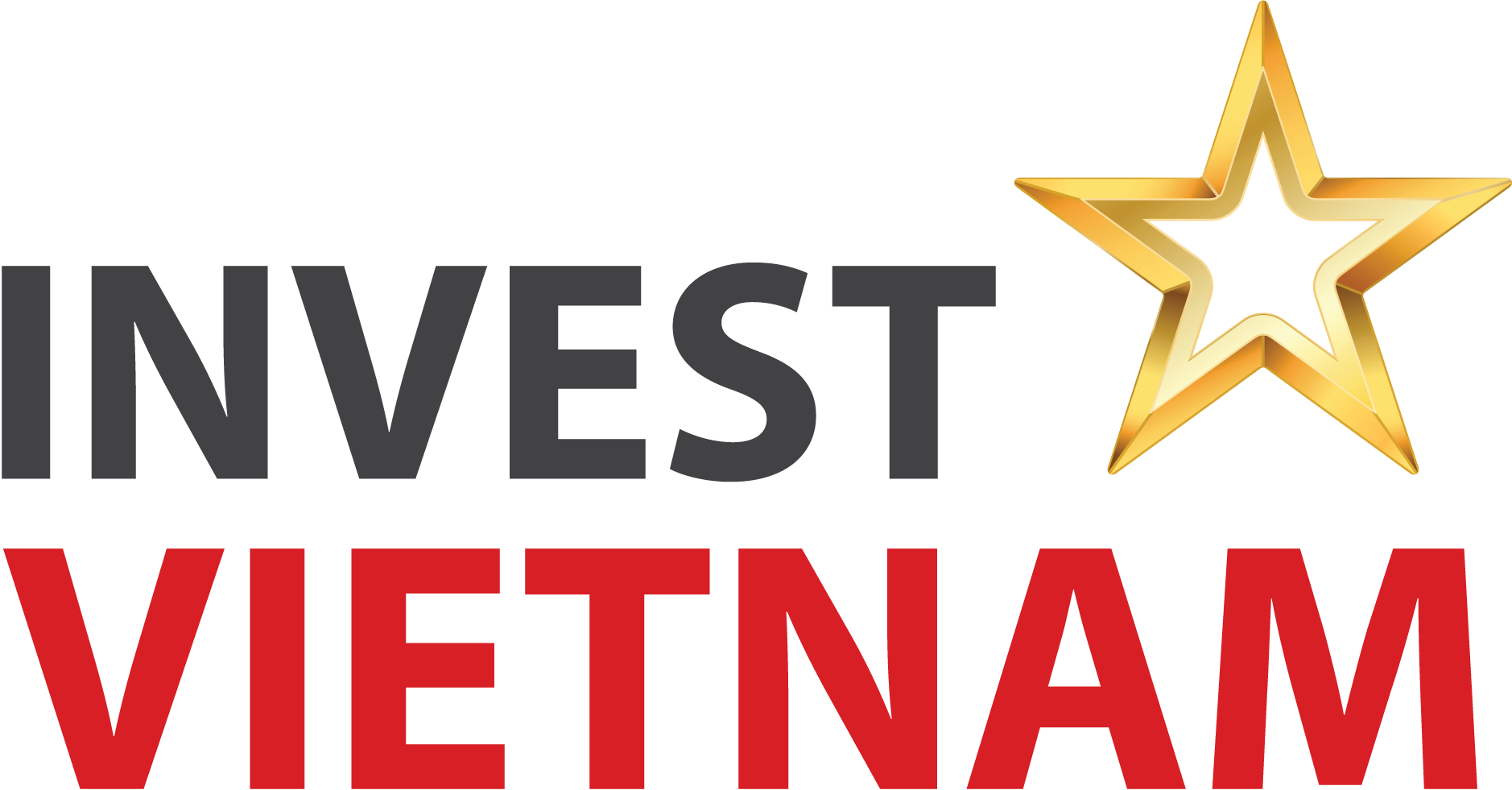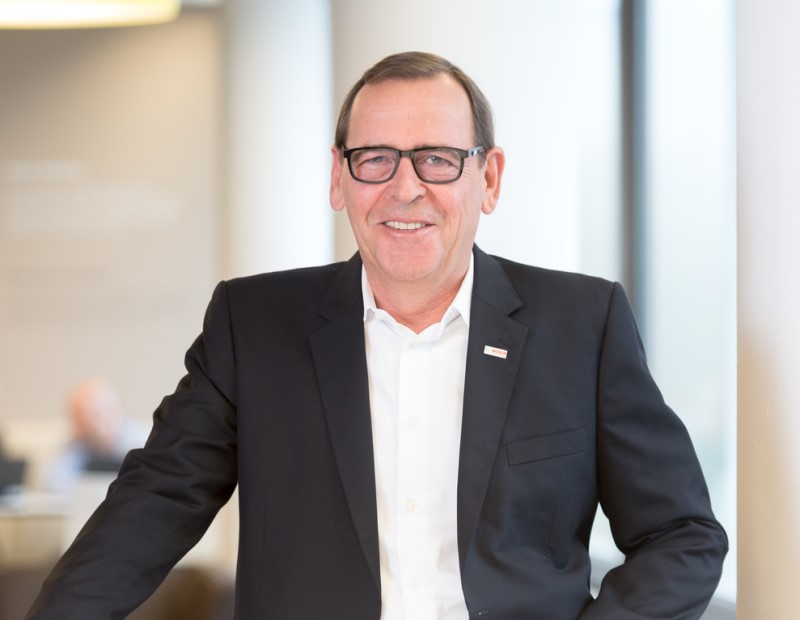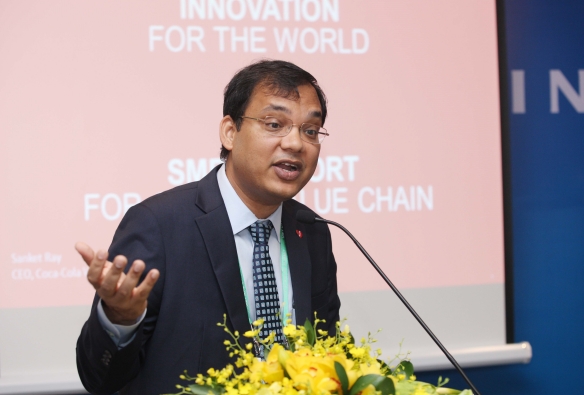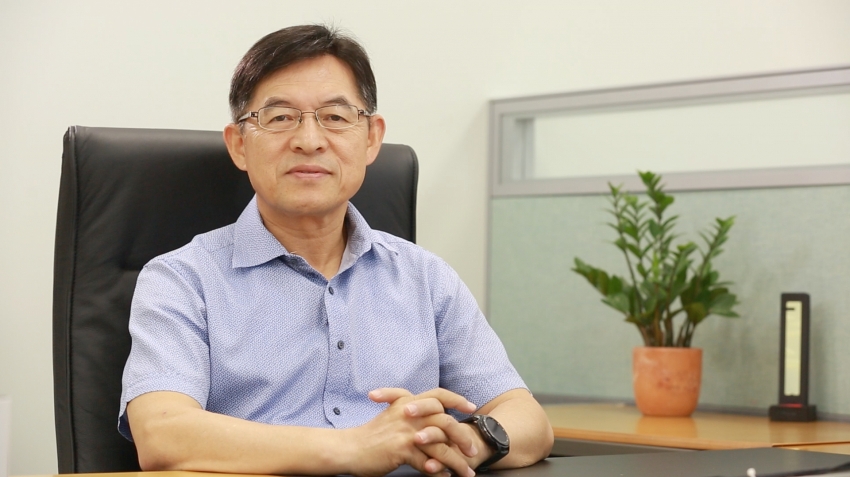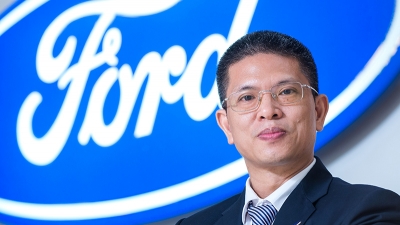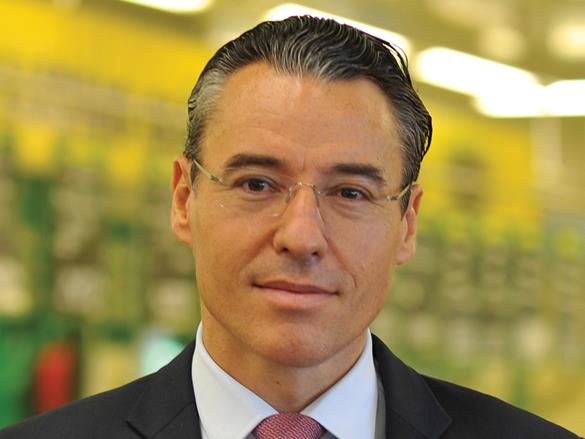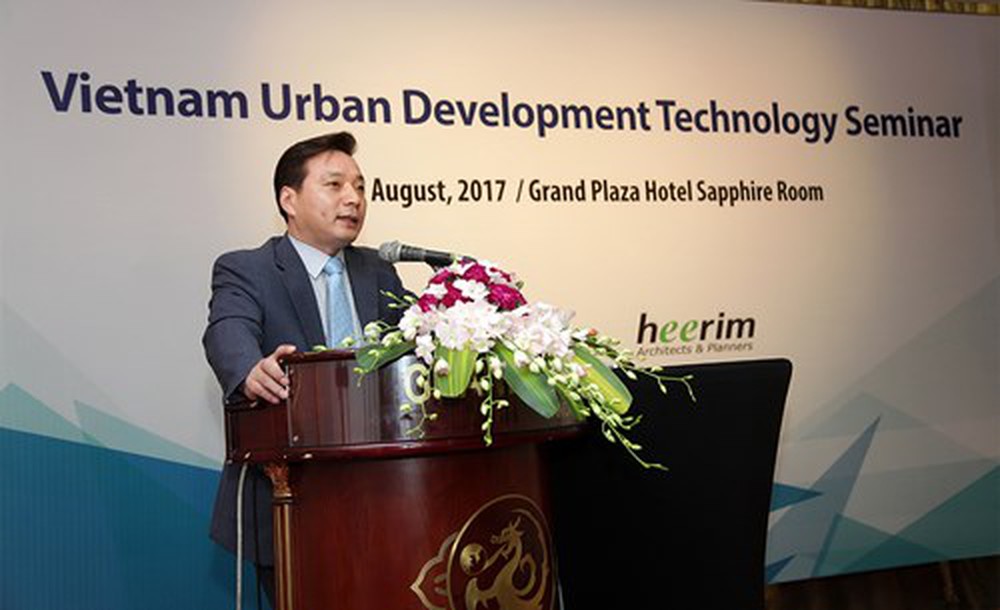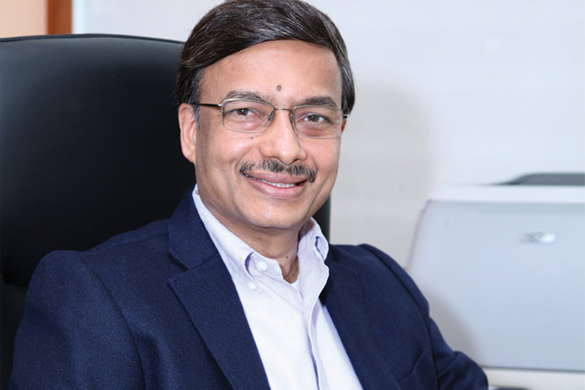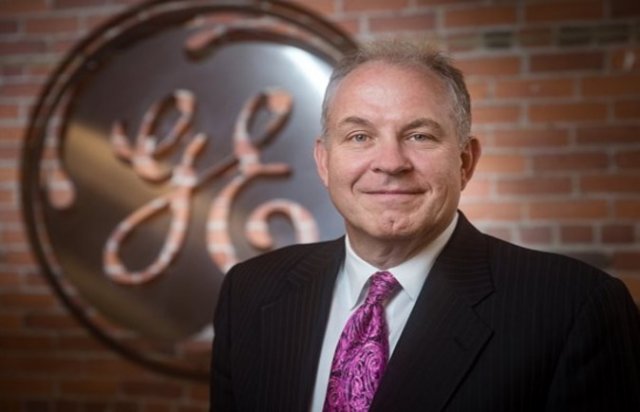30th November 2017, on the occasion of its 10th anniversary in Vietnam, Bosch announced an additional investment worth 58 million euro in a push belt factory in Dong Nai Province. Mr. Peter Tyroller, Member of Bosch Management Board in charge of Asia-Pacific, elaborated on opportunities for Bosch in Vietnam.
Bosch has expanded business in Vietnam. How would you assess opportunities in this market?
Asia-Pacific is the growth driver for Bosch. In 2016, this region earned 20.8 billion euro, or 28% of Bosch’s total global sales. The business outlook for the region is promising and we expect a double-digit growth this year.
The high growth in Asia Pacific comes from not only China and India, but also ASEAN - a key market. In the Southeast Asian region, Vietnam plays a major role. Last year, Vietnam’s domestic market reached total sales of 86 million euro, a remarkable rise of 40% over the previous year. Vietnam is one of the strategic countries for further investment for Bosch and we are committed to this market.
Vietnam boasts stable politics and economic growth. The urbanization and industrialization process is unfolding rapidly while smart city projects are being implemented. The Vietnamese Government is making tremendous efforts to build infrastructure to turn Vietnam into a hub for technology development and Internet of Things business.
In such a circumstance, as a leading tech group in the sector, we have spotted a great array of opportunities. Bosch can cooperate with the government to offer technological solutions for social issues such as energy efficiency, traffic safety and smart city development.
Smart cities are now a hot topic in Vietnam. What do you think about it?
I think each city should go its own way to build itself into a smart city. There are no two identical smart cities. The crux of the issue is to identify the most important factors that need to be dealt with and from there, providing customized and muti-sectoral solutions. In your case, I think two most urgent focus areas are traffic and air quality.
Traffic will get challenging as soon as the middle class grows and car ownership expands accordingly while infrastructure fails to meet the new demand. As far as air quality is concerned, sooner or later, city dwellers won’t accept living in a polluted environment. Everybody is in need of pure air to live and work in. Both the above issues require technologies to solve them.
Take traffic safety as an example. It’s a pain point. The safety technologies are available, the question is how and when we can implement. Good news is we have started collaboration with the Vietnam National Traffic Safety Committee for traffic accident analysis, in order to find solutions for improving traffic safety.
In Vietnam, Bosch operates in different business sectors, from hardware to software, and from consumer to industrial goods. What is the most attractive industry to Bosch?
To us, mobility solutions are the biggest sector, accounting for 60% of our total sales. Mobility sector is driving the trends regarding to electrification, automation and connectivity which are our major future focus and in-line with future view of mobility in Vietnam. A part of Mobility Solutions sector, Bosch Gasoline Systems plant in Dong Nai Province had a successful year when its production lines have been expanded continuously. And we will make an additional investment worth 58 million euro in this plant, which will help us meet the growing demand for our push belts from automakers in Asia-Pacific and North America. Moreover, this investment will allow us to gradually turn the factory into smart production and apply some 4.0 industrial solutions.
The startup business is hot in Vietnam. Multinationals have entered the game to support local startups for various reasons. How about Bosch?
It’s correct that startup stories are ubiquitous. However, to be successful is another different story. So it’s better if startups can be mentored by forerunners.
This mindset has prompted Bosch to sign at the end of June a memorandum with Saigon Innovation Hub (SIHUB). The agreement will pave the way for Bosch to send experts to work together with SIHUB to appraise and give consultation to startup projects, and hold startup contests. Of course, during the course of implementation, Bosch will meet the best startups in the community.
Bosch has been so far one of the biggest European investors in Vietnam that have gained great achievements. What is your key to success?
People training and development as well as product research and development (R&D) are our key to success. In 2007, we started with only 20 associates. After 10 years, Bosch’s workforce is now 3,100. Its young and vibrant work force can make a positive difference in achieving the greater achievements.
Currently, over 40% of our work force is working at the two R&D centers in HCMC—Bosch Automotive R&D Center and Bosch Software and Engineering R&D Center. We will invest in human resources for both centers, projected to be the workplace for 2,600 associates by 2020.
By Duc Tam - The Saigontimes
